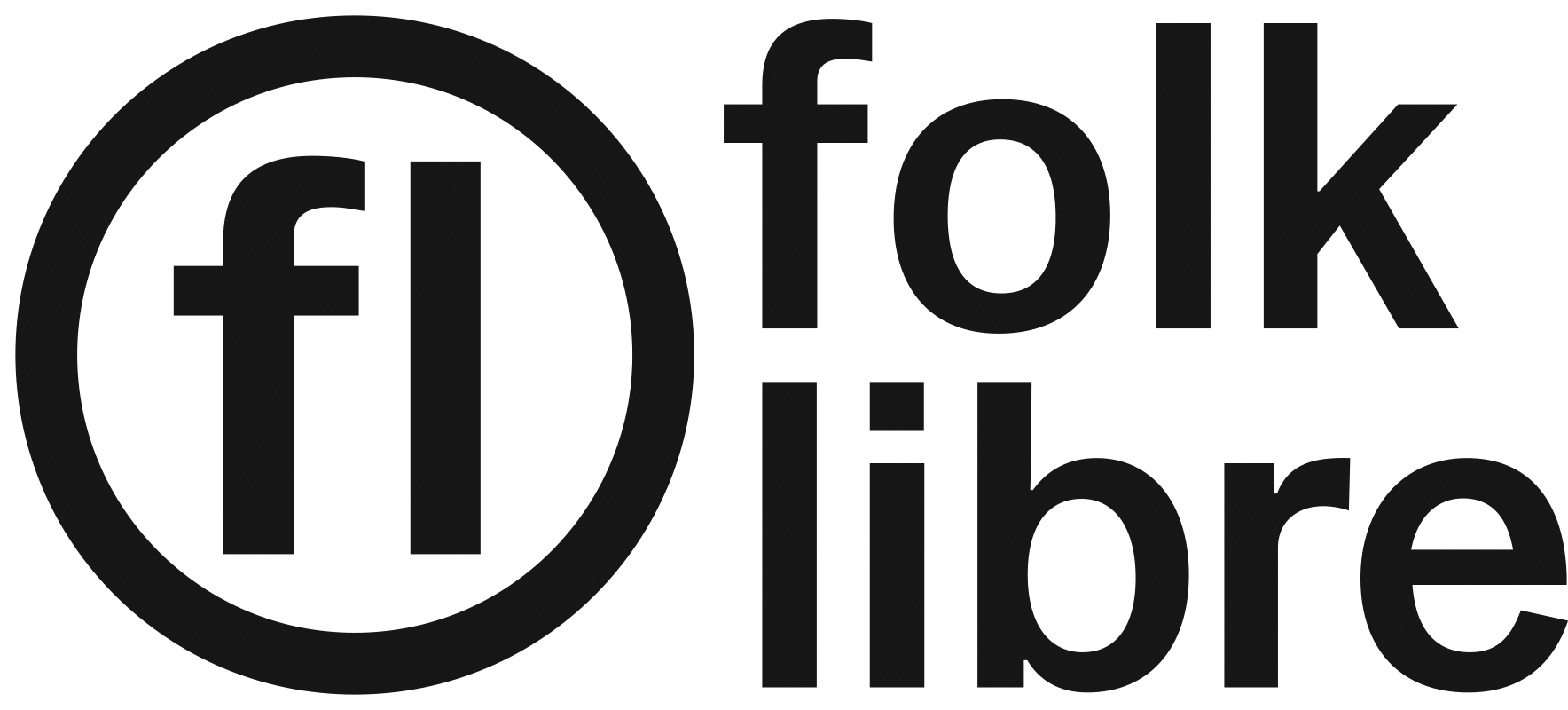I’ve been using “Wildwood Flower” as my go-to example of a tune which should be in the public domain but, thanks to copyright in a particular arrangement, effectively isn’t. But there are plenty of other examples. The tunes Ed Haley recorded seem like they also might be instructive, since I know folks are playing “Ed Haley’s version of” a number of traditional tunes at jams I go to. So, with the caveat that I am not a lawyer, here’s my understanding of when you’ll legally be allowed to play tunes the way Ed Haley played them.
Ed Haley died in 1951, leaving a number (I don’t know how many) of unpublished recordings with his descendants. BMI manages the performance rights for 73 of them; see the table below for the full list. Fourteen of them were first published in 1975 (the copyright date on the vinyl says 1976, Wikipedia says 1975, and it doesn’t matter much for our purposes) by Rounder Records as the album “Parkersburg Landing”:
- Parkersburg Landing
- Humphrey’s Jig
- Stackolee
- Cherokee Polka
- Cuckoo’s Nest
- Wake Susan
- Cherry River Rag
- Flower of the Morning
- Grey Eagle Jig
- Man of Constant Sorrow
- Forked Deer
- Lost Indian
- Done Gone
- Dunbar
According to Cornell’s copyright status cheat sheet, those 14 arrangements (or compositions, if they’re original) will enter the public domain 95 years after the publication date. So, in 2070 or 2071. That’s 120 years after Ed Haley died, mind you. The rest were published in 1997, which means they enter the public domain either 70 years after the creator’s death or in 2048, whichever is later. In this case, that’s 2048, nearly 100 years after he died.
Does this affect you? Well, if you play any of the tunes below, it might. Are you playing in a public venue? How sure are you that the version of Arkansas Traveler you play isn’t very similar to Ed Haley’s version? If the place you’re playing in doesn’t have a BMI license and you play Ed Haley’s version of one of these tunes, the venue could be sued by BMI. For the next 34 years, at minimum. Do you want to make and sell a CD which includes one of these arrangements? You owe the Harry Fox Agency 9.1 cents for each copy you distribute.
To be safe, you should probably stick to playing tunes which you wrote or which you’re playing exactly the way they’re printed in a book published before 1923. Traditional music, learned from other musicians in the folk process? Better keep that at home. Play it in public and someone is probably owed money, and just about the only way to know is when you get the threatening certified mail.
